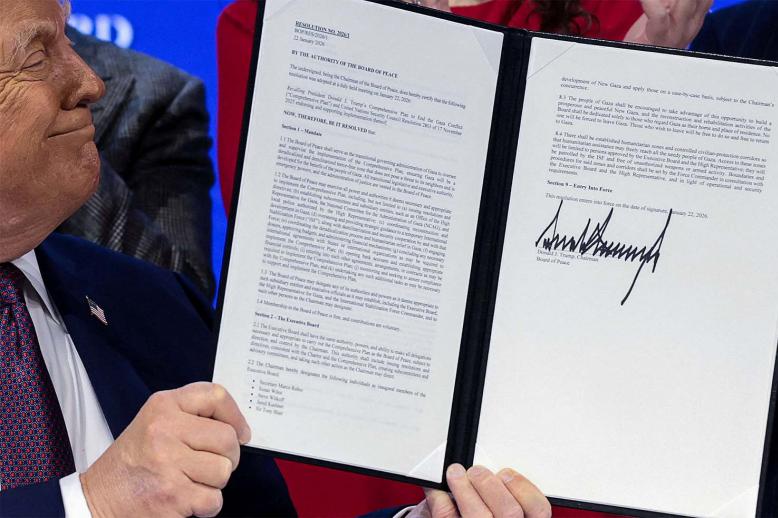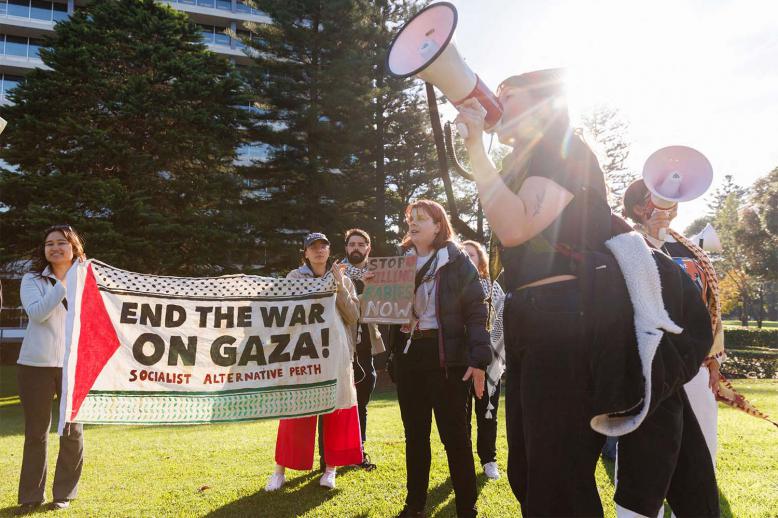There is light at the end of the tunnel for Lebanon
There is a need to simplify things in Lebanon in order to avoid wasting more time, and time is a luxury that Lebanon cannot afford right now in light of the gravity of the economic crisis. It seems useful to note that the Lebanese banking system, which was the first line of defence for the country and its economy, has lost some foundations following the recent measures taken that restrict people’s access to their funds in Lebanese banks and their ability to transfer them elsewhere.
In the past Lebanon was a safe haven for both the rich and the poor from Lebanon, Arab countries and the wider world, but, with these measures who in their right mind would be willing to risk depositing their money in Lebanese banks?
With these restrictions on fund transfers, one of the reasons for the existence of Lebanon is gone. This reveals the depth of the crisis that the country is going through, a crisis that clearly seems to have been completely ignored by Lebanese President Michel Aoun in his speech on the eve of the 76th anniversary of independence.
His words revealed a strange inability to understand the complexities of the current situation and the need to move to a higher level of thinking, that is to consider whether there is room to seek a way out of the deepening crisis away from the complexes, obsessions and knots of the past. This includes the Rafik Hariri complex from which everybody at the Free Patriotic Movement is suffering.
The president’s speech was characterised by ignoring the reasons for the economic crisis, despite his focus on corruption. And even his talk about corruption was misplaced. The reason is simple. Corruption has become a common phenomenon in the country with the establishment of the quota system, one that is staunchly supported by Hezbollah, which is only interested in making Lebanon a playing card in Iran’s hand.
It is this grave reality that Aoun omitted to mention in his independence anniversary speech. This omission simply confirms the fear that the era in place since his election as president on October 31, 2016, is really Hezbollah’s era.
Such an era cannot defend the interests of Lebanon and the Lebanese. This is an era that refuses to grasp the meaning and significance of the popular revolution that erupted on October 17 and it cannot solve any of the underlying problems. To give just one small example, how can the camp controlling this era justify the dismal situation of electricity in Lebanon when ministers from it have been at the helm of the Ministry of Energy since 2008? This sector is costing the Lebanese state $2 billion a year in losses and fixing it can easily absorb a good chunk of Lebanon’s deficit.
Is there a bigger corruption than the one in the electricity sector? Some might argue that there are plenty of other sectors where corruption is widespread but we cannot ignore the fact that the electricity sector has been under the domination of the Aoun camp for more than 10 years, always benefiting from a cover generously provided by Hezbollah. It is a party that cares less about what may happen to Lebanon and more about making it an Iranian “space.”
Is Lebanon an Iranian “space” or not? This is the fundamental question that needs to be addressed right now. And yet Aoun chose not to answer this question in his anniversary speech. He simply disregarded the fact that the Lebanese know very well what they want. They want to end the “Hezbollah era,” which is responsible for bringing about US sanctions against Lebanese banks and for isolating Lebanon from its Arab environment.
To get out of its crisis, Lebanon needs a miracle. Unfortunately, it is not possible to bet on the present era to achieve this miracle for at least two reasons.
First, it’s hard to find among the political class people who are gutsy enough to examine the relation between the economic crisis and Hezbollah’s dominance over decision making in Lebanon, including who to have as president and how to form the cabinet.
The second reason why this miracle is not possible under the current circumstances has to do with the fact that it is impossible to dissociate the components of the current era and Hezbollah.
Hezbollah has not come all this way since October 31, 2016, to accept to back away a bit and agree to a cabinet made up of qualified and specialised individuals and headed by Saad Hariri or someone else with Hariri’s qualities. The fact remains, however, that until further notice, there is no other alternative to Hariri among the Sunnis in Lebanon, especially when it comes to opening channels of fruitful dialogue with the Arab world, the US administration and senior European officials concerned with Lebanese matters. Neither the Americans nor the Arab countries really capable of helping Lebanon are willing to deal with a government that includes Hezbollah ministers.
No one can deny that Hezbollah is in Lebanon to stay but these same sane persons cannot ignore the fact that Lebanon’s economy concerns all Lebanese and that the deposits in banks are for all Lebanese, including members of the Shia community that Hezbollah claims to have seized. In case the banking sector is exposed to any harm, there will be no discrimination between this Lebanese and the other based on their sects.
The difficulty of the Lebanese situation is due to the fact that the “Hezbollah era” cannot overturn itself. That miracle requires politicians of another kind, people who can deal with the situation in a cool and rational manner and not fall prey to the illusion that Lebanon’s gas and oil will be flowing by tomorrow. Oil and gas specialists are saying that no gas will appear before 2029 at best.
Lebanon is heading for a disaster, despite the high hopes raised by the popular revolution, which still needs to write a clear and reasonable list of demands. There may be a glimmer of hope at the end of the dark tunnel if all parties become convinced of the necessity to place authority in the hands of specialists who will tackle the economic problems with the help of Lebanon’s friends in the world.
What must be understood is that these friends of Lebanon cannot deal with a country with a government that includes Hezbollah ministers. That’s all there is to it. Can Hezbollah’s era overturn itself and accept this last chance?
Khairallah Khairallah is a Lebanese writer.
This article was originally published in The Arab Weekly.







